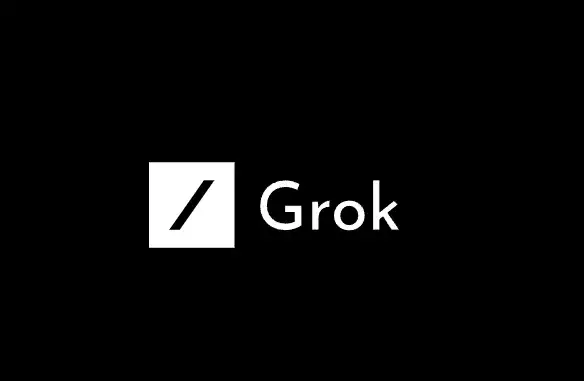The landscape of artificial intelligence is rapidly evolving, with platforms like X (formerly Twitter) recently unveiling their latest creation: Grok, an AI chatbot designed to offer users various functionalities reminiscent of traditional social media interaction. Until now, Grok had been relegated to the realm of X Premium subscribers, which constitutes a minuscule fraction of the platform’s user base. As Grok is now made accessible to all users, the pertinent question emerges: can AI truly enrich the social media experience, or is it merely an amusement without substantial value?
Grok has been marketed to users as a versatile tool capable of generating images, providing context for posts, and crafting witty responses through its “Unhinged Fun” mode. This list of capabilities might initially entice users, but underlying this allure lies a more significant concern regarding AI’s true role in social media. While there is no doubt that Grok can facilitate certain tasks—such as quick image generation or analyzing trends—the functionality’s relevance to interactive and meaningful social engagement is questionable.
The foundational purpose of social media has been to foster a space for authentic human interaction, enabling users to share personal insights and connect with others. AI-generated content raises the critical issue of whether it truly reflects the user’s thoughts or merely serves as a facade of interaction. By permitting AI to create posts, users risk losing the organic essence that defines social media.
The Philosophical Question of Authenticity in Interaction
The dilemma spirals further into the philosophical realm: What constitutes “social” interaction in an age where AI tools can mimic human responses? Though Grok and similar AIs can produce responses that appear engaging, they do not embody real human thoughts, emotions, or experiences. This dichotomy suggests a significant erosion of authenticity within digital communication.
As generative AI finds its foothold across various platforms, we must critically evaluate whether deploying these tools serves to enhance or dilute the core principle of social networking: genuine human connection. A cautionary stance is warranted, as the line between real engagement and artificial conversation blurs, potentially undermining the very fabric of social media experiences.
Critics of the generative AI trend in social media posit that while these tools may transform specific workflows—like assisting lawyers in research or streamlining complex processes—they falter in contexts requiring empathy, intuition, and emotional intelligence. AI excels at processing and analyzing vast datasets, but it lacks the nuanced understanding of human emotions, values, and context that drives meaningful social interaction.
The very nature of social media thrives on sharing personal experiences, forming relationships, and engaging in constructive discourse. AI may potentially facilitate some aspects of these activities, but it cannot replace the depth and richness that unfiltered human expression contributes. In light of this, the widespread adoption of AI, such as Grok, raises a pertinent question: Is this technological advancement designed to assist users, or does it simply serve as a distraction from the fundamental aspects of human connection?
Acknowledging the powerful potential inherent in AI, we must also temper our enthusiasm with reality. Assertions suggesting that AI will fully replace human jobs or revolutionize social dynamics are exaggerated and misleading. Artificial general intelligence remains an aspiration rather than an imminent reality; current AI frameworks operate largely as sophisticated data handlers rather than autonomous entities capable of independent thought.
While firms like Meta pursue AI development to enhance augmented and virtual realities, the role of AI chatbots in social media remains murky at best. Technology might offer short-term novelty but lacks the permanence of genuine connection that most users seek. Grok, and similar initiatives may find some niche applications, yet their overarching utility will likely dwindle as users continue to gravitate toward authentic, human-centered experiences.
Ultimately, the promise of AI in social media must be approached with cautious optimism. Despite the valid functionalities it brings to the table, Grok is unlikely to reshape the core social media experience. Users should remain vigilant in distinguishing between helpful AI tools and the essential need for meaningful human connection. Embracing technology should not come at the expense of facilitating authentic conversations. As passionate participants in the digital age, we must champion conversations that define our shared humanity, seeking quality interactions over algorithm-generated mimicry.


Leave a Reply